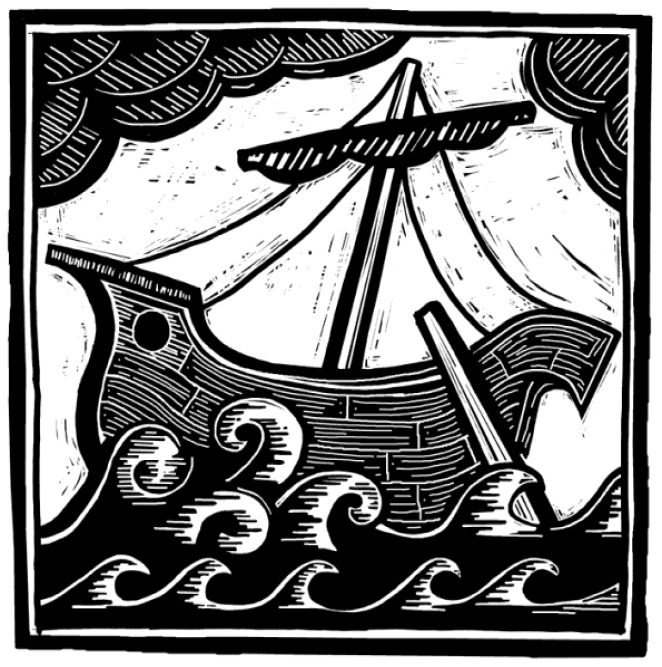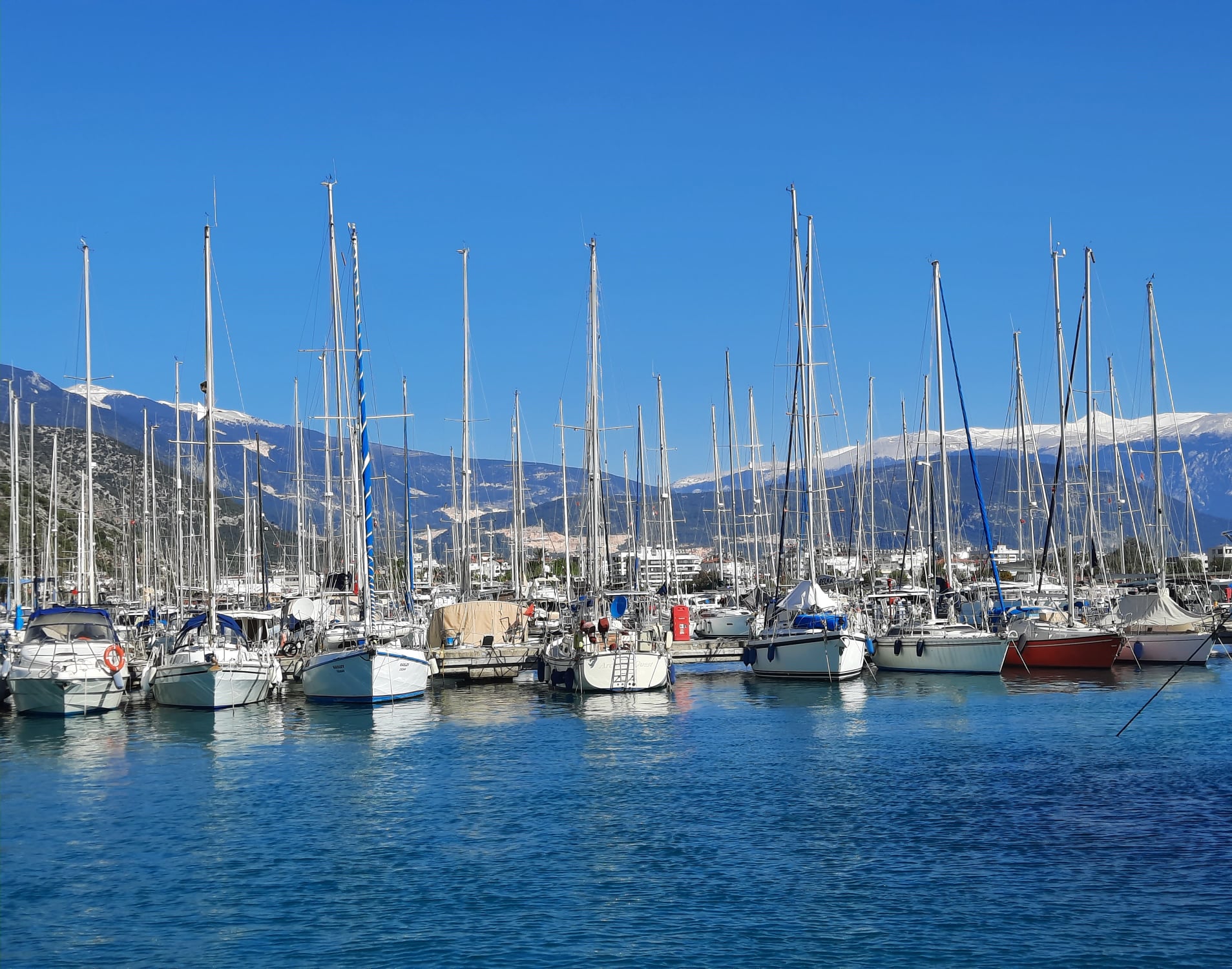What an intense week this has been! I will mention two reasons why.
1 – The US presidential elections
It was pitch dark at 5:30 on Wednesday morning as I scrambled out of my bunk and logged on to CNN (Turkey is 7 hours ahead of EST). For the next three hours I followed, in real time, the unfolding drama that traced the progress of each candidate. With CNN online and continuous live Skype conversation with Janet in Harrisonburg and simultaneously listening in on the TV commentary Janet had going in the background, we witnessed the colors of the “swing” states change to dark blue on the election map.
For a clear snapshot of the almost final electoral map (why is Florida last again?) go to http://www.telegraph.co.uk/news/worldnews/us-election/9658727/US-election-2012-live-results-map.html
Take a look at the color and the location of the states. You may notice a pattern, a correlation between the geographical location of the state and their color on the map. In general, the landlocked states tend to vote more conservative, and the seaport states more liberal. The chart below demonstrates the correlation.
-22 of the 26 Blue states, or about 85%, are seaport states, having access to the rest of the world by ship.
-In contrast, 15 of the 24 Red states, or 63%, are landlocked states with no access to the rest of the world by ship.
What is it about being connected to the rest of the world by sea over the centuries, that has shaped the culture of the people who use and live in seaports?
This brings me to ports, renegades, and Paul. The pattern of Paul’s mission and the establishment of the earliest Christian communities in the Mediterranean Roman Empire are strikingly similar to the pattern of politics in the US elections. By the end of the first century, according to Rodney Stark,(Cities of God) the vast majority of Christians in the Roman Empire lived in seaports. The seaports of the empire were the “blue” areas, and it was on these areas that Paul increasingly focused his attention. They were the most cosmopolitan, the wealthiest, most flagrantly pagan, the most creative, the least traditional, the most unstable, and often the most violent of the Roman Empire’s urban areas. Part of the reason for both the success and the instability of these seaports was the “maritime mob,” that sub-culture of merchants and seamen who inhabited and moved through the seaports.
This seaport subculture was comprised of a motley crew of opportunists, desperadoes, marginalized, decadent, unrestrained men and women, but fiercely anti-authoritarian and loyal to each other. They were highly connected to others like themselves throughout the empire. They were transient zealots of freedom. They were runaway slaves, marginalized Jews, criminals, unemployed soldiers, men and women, slave and free, Jew and Greek. (From Merchants, Sailors and Pirates in the Roman World, Nicholas K. Rauh.)
This subculture, I am becoming convinced, attracted Paul as well, both because of his pre- and post-Christian experiences, as well as his personality, cultural awareness, and vision of the kingdom of God. My calculations that I shared in an earlier blog indicate that most of Paul’s life was spent in seaports and in close association with the “maritime mob.” While I’m planning to do much further work on this theory during the remainder of my sabbatical, I’ll share just one intriguing clue that indicates Paul’s likely identification with the sea-shaped people of the empire.
According to Rauh, “The mobile seaman was both a carrier of information and ideas between different groups of laboring people and someone who by way of new experiences was sometimes able to generate new ideas and practices. . . . As such, ancient seamen contributed to the process of cultural standardization and communication among working class elements throughout the ancient Mediterranean world.” Paul may have recognized that the maritime mob shared many of the traits of the fishermen of the Galilee whom Jesus chose as disciples. He may have recognized the openness, abilities and influence of this segment of society.
But how could a Jewish follower of Jesus even relate to the maritime mob at all, let alone establish any kind of credibility or authority to be heard? Rauh again: “Among the experiences and characteristics that earned a seaman authority and esteem were an understanding of the techniques and technicalities of the work place, knowledge of the trade routes and the sea’s winding geography, a command of maritime vocabulary, having survived a shipwreck or two . . . physical strength and courage, good humour, and among the men at the bottom of the labouring, scars on one’s back from the whips of social superiors – telltale symbols of defiance and endurance.”
Now read 2 Cor. 11:24-26. This is a unique set of credentials for a Roman citizen, a Pharisee. We usually read this as kind of a heroic example of “suffering for Jesus.” But Paul was writing this to people living in the most notorious seaport of the empire. He was talking their language.
2 – Saying Goodbye
It is pelting down rain outside, winter weather is slowly arriving in southern Turkey. My time of departure is at hand. And after about three months of living alone aboard SailingActs, I’m ready.
Yesterday when the sun was shining, I finished doing the winterizing tasks that SailingActs demands annually – changing the oil, taking down and stowing the sails, cleaning the bilge, stowing all the gear, putting up tarps, and fixing leaks.
This week end I will make a quick trip to Israel, then head home to Harrisonburg for the last month of additional research, writing, and preparing some presentations on the ports of Paul and the significance and application of the insights to Christians living in globalization. Please contact me if you would like a presentation in your church.
Two pieces of information for those who might have additional and ongoing interest in Paul and the sea in the biblical story.
-my recent book With Paul at Sea is available at http://www.amazon.com/With-Paul-Sea-Learning-Apostle/dp/1610974255/ref=sr_1_1?ie=UTF8&qid=1352385564&sr=8-1&keywords=linford+stutzman
-if anyone is interested in participating in a 3 week seminar exploring the ports of Paul, the Aegean, and other parts of the Mediterranean by land and sea next May, please check out the information at http://www.emu.edu/seminary/cross-cultural/christian-movement/
Thank you for joining me this fall in the ports of Paul!




Have so enjoyed your blogs! Safe travels!
I’m curious as to how people your with responded to Obama’s re-election. Did they think it’s a positive or negative? I found that in Chile people felt open enough to express their joy in the outcome of the election. For my parents they found it interesting how popular Obama is in other parts of the world particularly Chile. I know here at least Obama has made the United States seem less evil, which for us is a good thing. Safe travels as you head back to Harrisonburg.
Thanks for coming to Zion Mennonite Church and speaking to the Sojourners class about your current research, Linford. We’re reading your latest book–or at least I, the teacher am reading the book. Tomorrow we’re examine your thesis that Paul moved in and among the “maritime mob.” Cheers on your sailing.